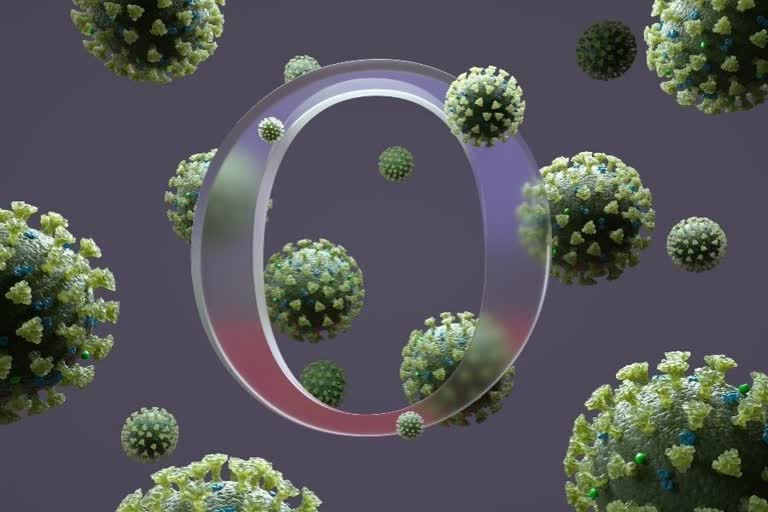The Omicron variant multiplies about 70 times faster inside human respiratory tract tissue than the Delta variant, according to scientists at the University of Hong Kong. Omicron also reaches higher levels in the tissue, compared with Delta, 48 hours after infection.
"The finding indicates that mutations in Omicron have sped up the process of entering or replicating (or both) inside the tissue," reports NPR. However, it is less severe than the previous variants because it does not cause as much damage in the lungs, a spate of studies have suggested.
A study by a consortium of US and Japanese scientists on hamsters and mice has found those infected with Omicron had less lung damage, lost less weight and were less likely to die than those who had other variants.
The Omicron variant, harbouring up to 36 mutations in spike protein, is known to evade vaccine efficacy.
Another recent study led by researchers at Massachusetts General Hospital (MGH), Harvard and MIT tested blood from people who received the Moderna, Johnson & Johnson, and Pfizer/BioNTech vaccines against a pseudovirus engineered to resemble the Omicron variant.
They included individuals that were both vaccinated recently or had recently taken booster doses, and also had prior SARS-CoV-2 infection. The findings showed that the neutralisation of Omicron was "undetectable" in most vaccinated individuals.
"The study demonstrates that Omicron drastically escapes vaccine-induced immunityafter primary vaccination series with mRNA-1273 (Moderna), BNT162b2 (PfizerBioNTech) or Ad26.COV2.S (Johnson & Johnson/Janssen) and exhibits increased infectivity in vitro, raising the potential for increased transmissibility," said Wilfredo F. Garcia-Beltran, Department of Pathology, MGH at Boston.
"Strikingly, Omicron was 4-fold more infectious than wild type (the original version of the virus) and 2-fold more infectious than Delta," Garcia-Beltran and colleagues wrote in their study.
